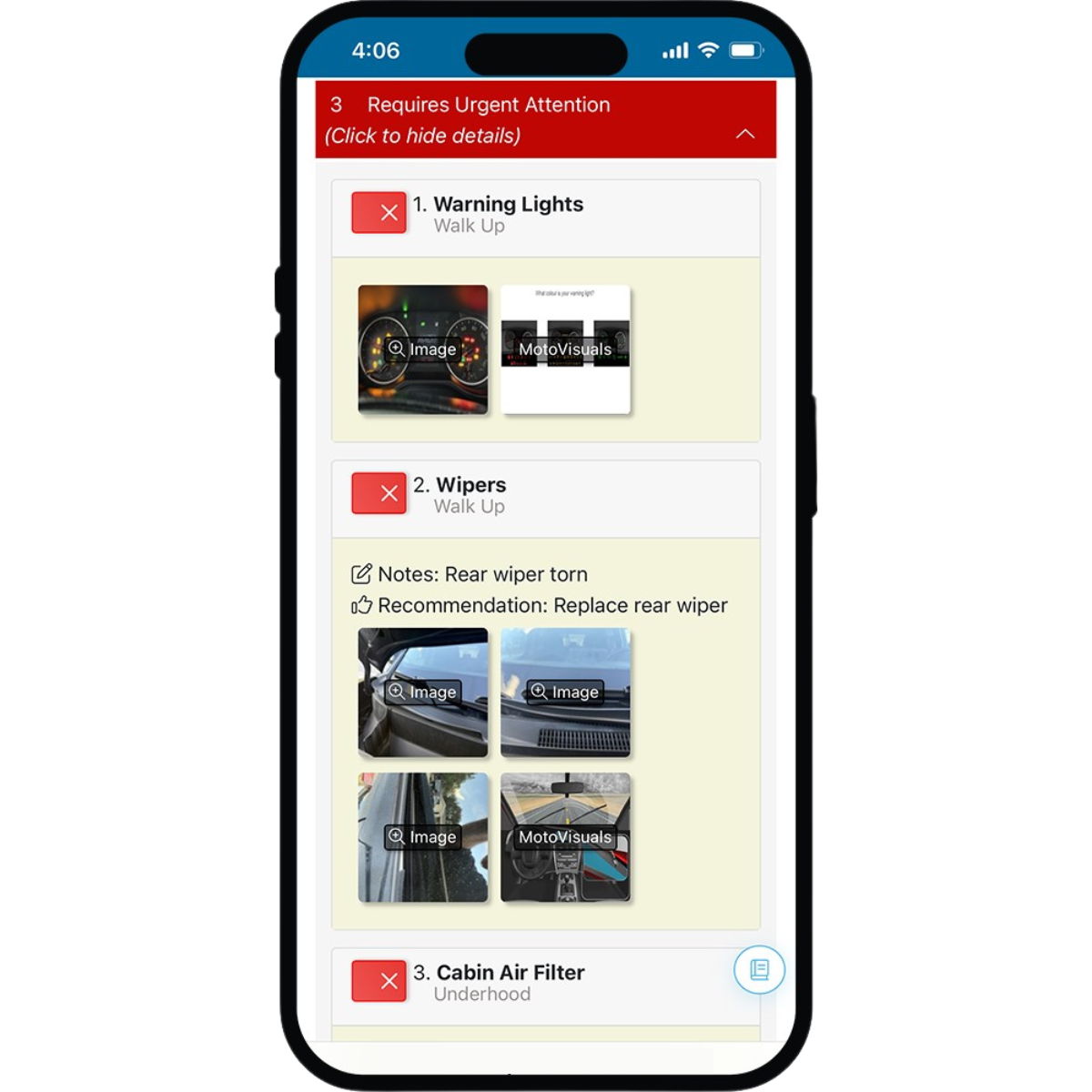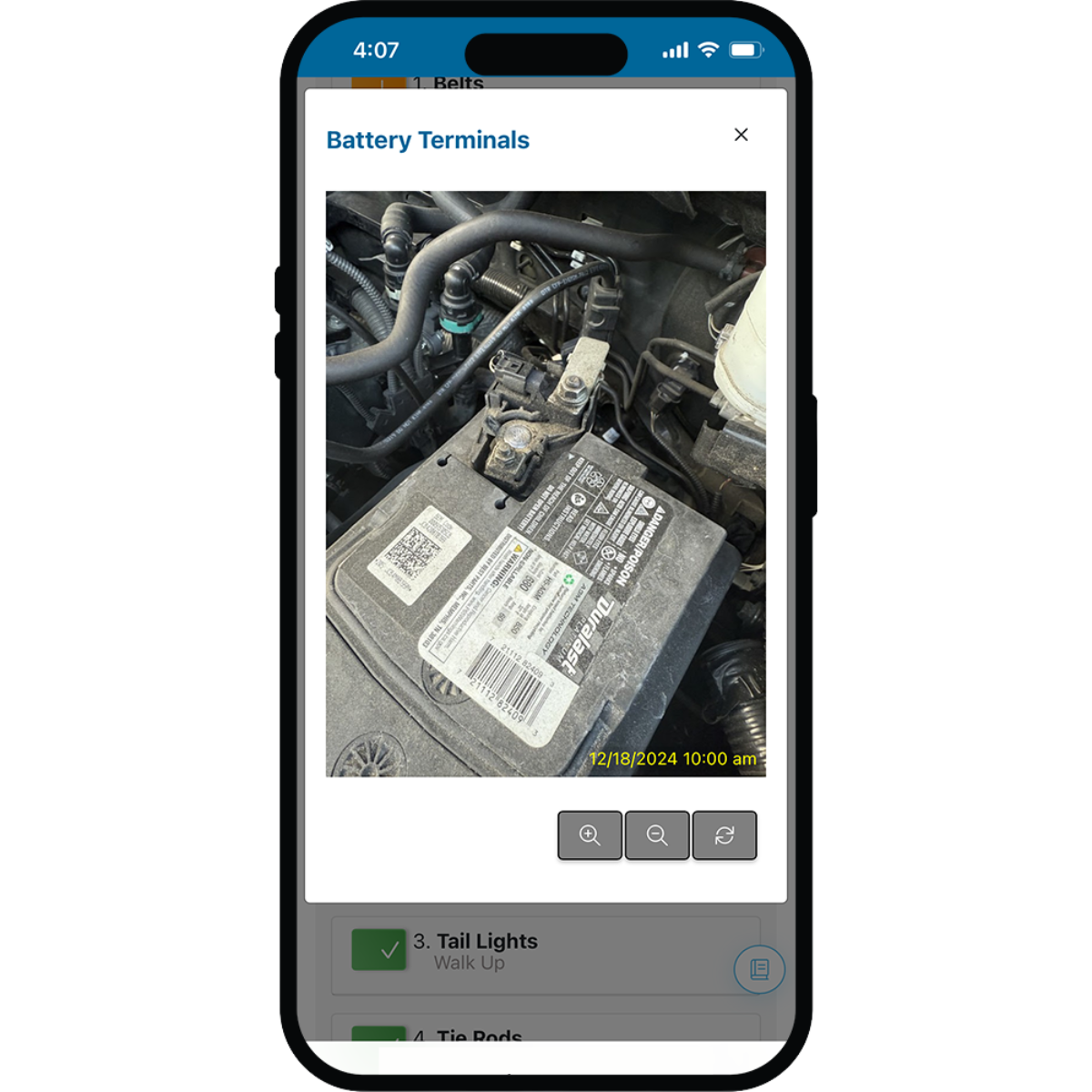Automotive Services
How GNB Works
SEE EXACTLY WHAT WE SEE
A modern, digital inspection-so you can approve repairs with total confidence.


- Photos & Videos of What We Find
We document the condition of your vehicle with clear images and short videos—no guessing, no vague explanations
- Priority-Based Recommendations
You'll see what's urgent, what can wait, and what to plan for—so you can make the right call for your budget and safety.
- Approve Repairs From Your Phone
Review everything first, ask questions if needed, then authorize only the work you want—before any repairs begin.
Come See Us
Auto Repair Services Near Me
We provide Expert Car Repair and Maintenance for the Residents of East Elmhurst, NY and the Nearby Areas
At GNB Auto Repair, we’re proud to be a cornerstone of the East Elmhurst, NY community, offering high-quality auto repair services trusted by local drivers since 1986. Located just off Astoria Boulevard, our shop is easily accessible to residents and businesses across Queens and surrounding neighborhoods.
We specialize in servicing both American and Asian vehicles, including fleet accounts, and our ASE-certified technicians are equipped with the latest diagnostics and repair technology. With backing from NAPA Auto Care plus our 36-Month/36,000-Mile warranty, our customers drive away with confidence and peace of mind.
Whether you need routine maintenance or complex repairs, GNB Auto Repair is your reliable local destination in East Elmhurst, NY — just minutes from major thoroughfares and nearby boroughs.
- Astoria
- Corona
- Woodside
- Jackson Heights
- East Elmhurst
- Elmhurst
- Bushwick
- Rego Park
- Flushing
- Forest Hills
- Sunnyside
- Whitestone
- Maspeth
- Ridgewood
- Bayside



